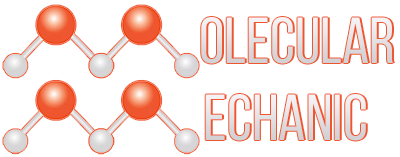As one considers the concept of natural selection with respect to modern science, it is manifest the human mind has the capacity to learn virtually anything. This concept, termed neuroplasticity, reflects the fact that performing an action fires specific neurons relative to that action. Whether that’s putting a ball in a cup or nuclear physics, the relevant neurons “flex” and repetition of the action will yield better performance, especially for young individuals. Where humans often differ is in natural talents; a professional football player could just as easily have been a basketball player because their body is suited to both sports. Likewise a physicist has equal capacity to be an engineer or computer scientist.
It is rather interesting natural selection has permitted such a broad spectrum of possibility in human life. The more basic versions of the brain “application” observed in nature suggest we are far from unique in a biochemical sense, to the convenience of pharmacology. However, the leap that human beings have made in complexity in an abstract sense is what is noteworthy. The efforts of millions of deceased human beings have enabled the synthesis of scientific knowledge, yet I have not even considered this as I finished my education of almost 18 years. Therein lies the power of the intangible, part of which will be transmitted as you read this.
